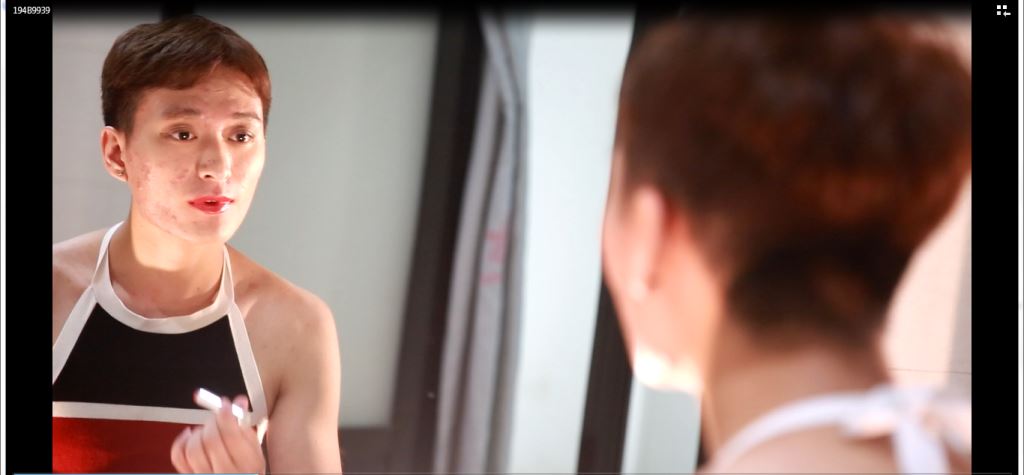Answered in Quora: My answer to Do actors practice in front of mirrors?
Answer by Enna Morgan:
Yep!. Mirrors and recordings are both heuristic methods of learning to act. But they are really not much help if you have no idea of what may be sabotaging your chances of nailing an audition, unless you have a teacher or coach who will point out the quirks that make you charming, and those that are unattractive to the camera.
I was acting for many years with no awareness of what my expressions were saying and how they affected my performance, until I took private sessions from an instructor in Indianapolis who specialises in just that – improving one’s facial expressions. It was like opening a new world for me……..and my performance!
His method is to record you (face only) as you perform, then acetically (but kindly) critique the performance, explaining which are your charming expressions (your ‘’hero face’’ as he termed it), and which are the ones to lose. If you can endure that critique, you will certainly become a better actor, if you cannot…..then you’re probably in the wrong business.
To illustrate, take a look at these 3 photos below:
Which is the most dynamic? Which one commands your attention? Number 3, right?
Interestingly enough, that shot was done with no make-up, no special light or camera, and it is totally unedited. The first two shots? Light make-up, studio setting with lights, and professional camera. And they were both edited (photoshopped)
So what makes this shot dynamic? The positioning of the face….and that’s not even quite the ‘’hero face!” Karl (the instructor) would urge me to bring my chin slightly more down, if he were to see this photo!
Okay, back to the subject:
A mirror, I feel is more helpful in understanding your body movements than your facial expressions. As Mike DiGirolamo stated below, often, it is too distracting to focus on the monologue and the mirror concurrently. But I also model, and so for me a mirror is essential in body positioning – no words involved there, so I can focus better.
It helps immensely to see what your body is doing in certain positions and to memorise those positions so that when you are in front of a camera, you know exactly how to pose. You also learn which positions of your various body parts are distracting and which are flattering to the composition of the shot. This body awareness transfers very well in acting.
